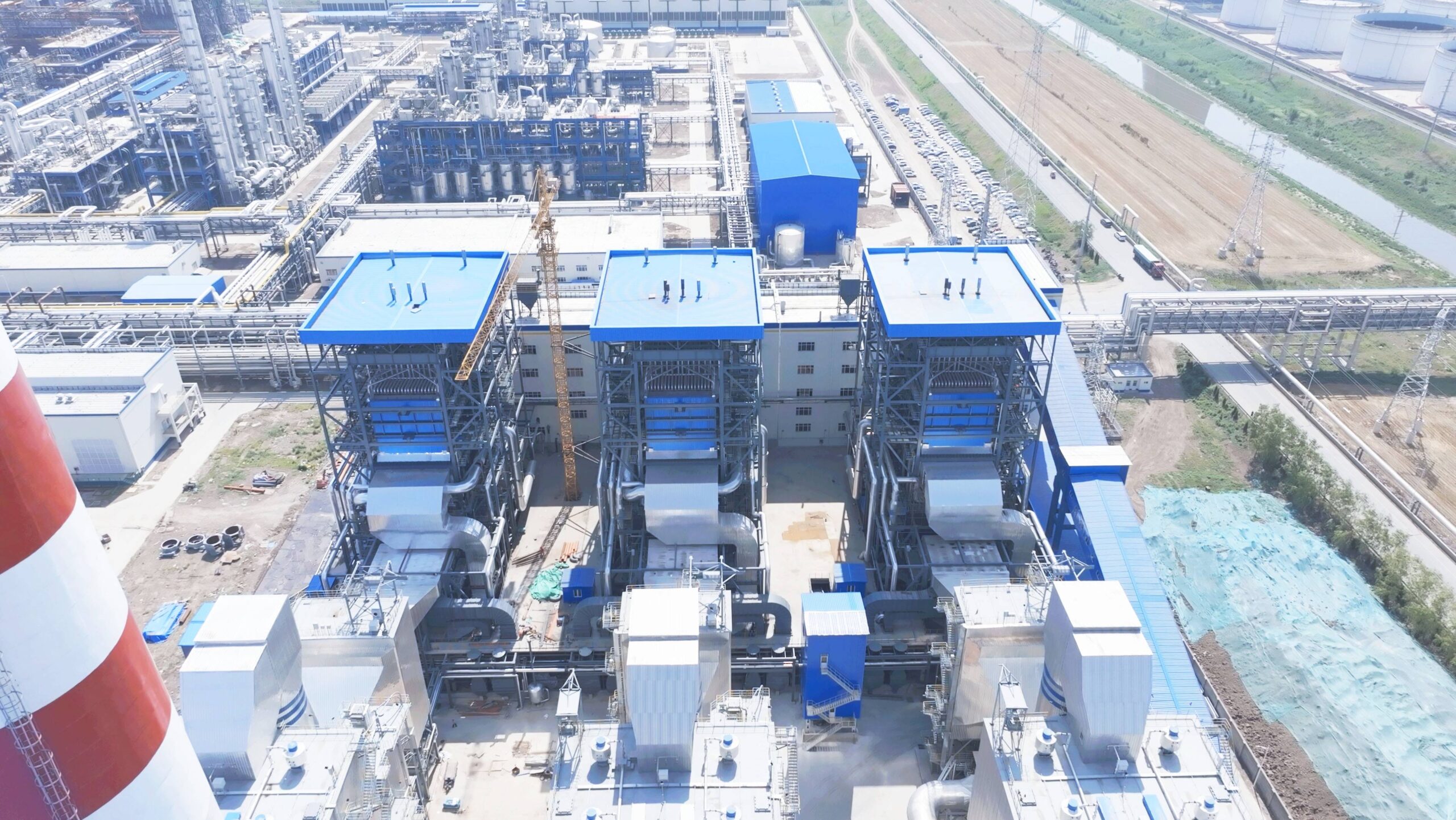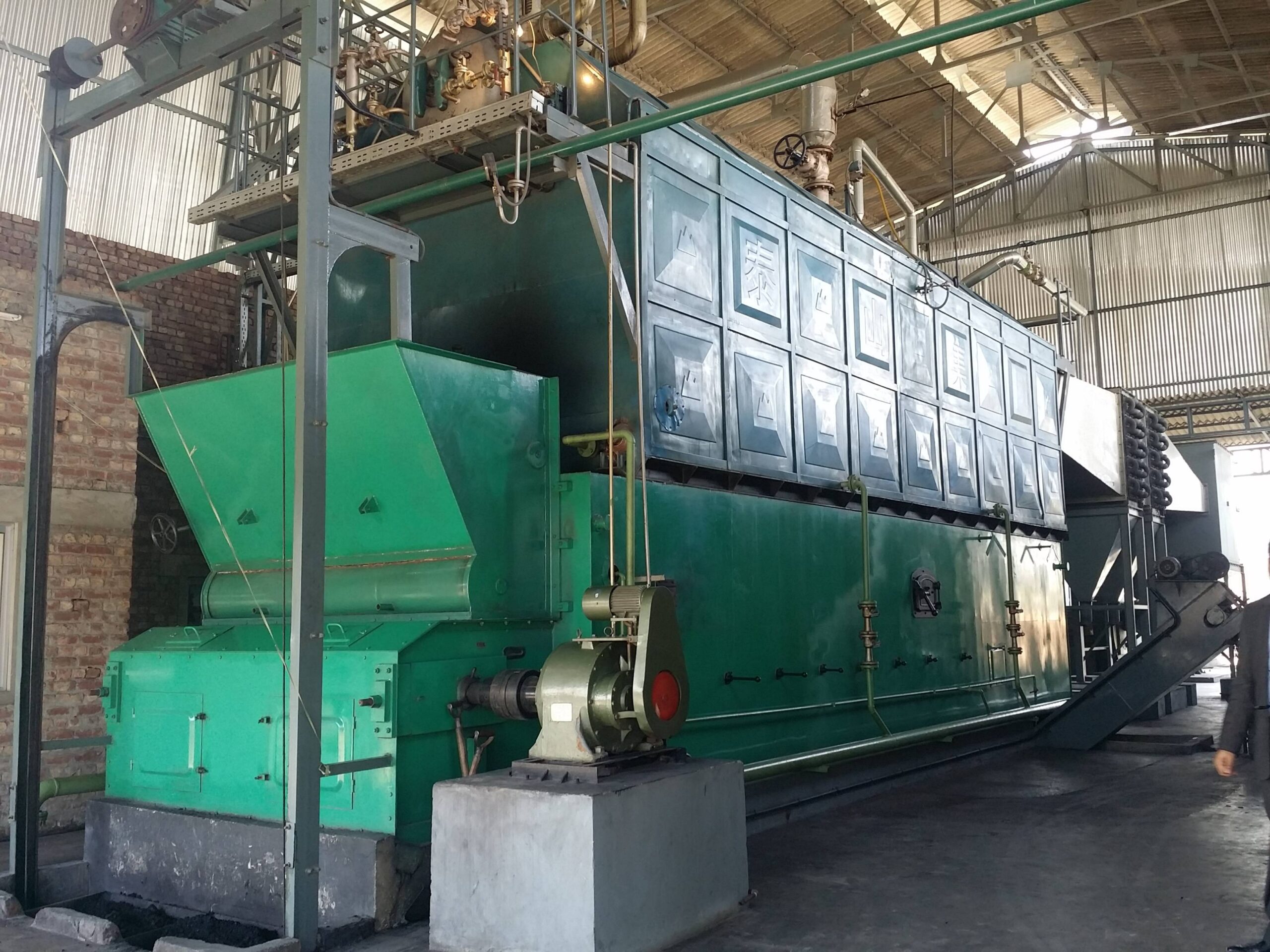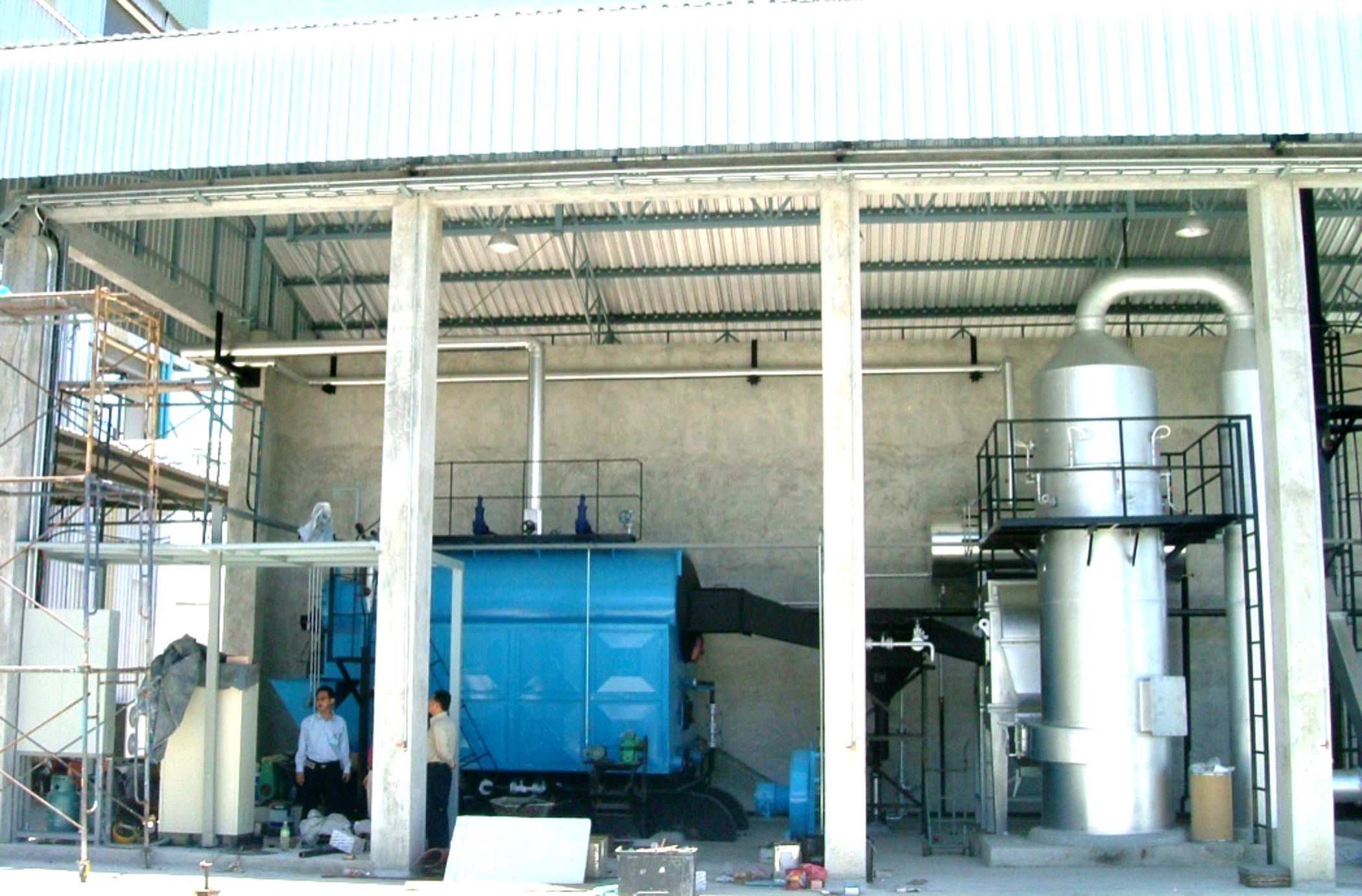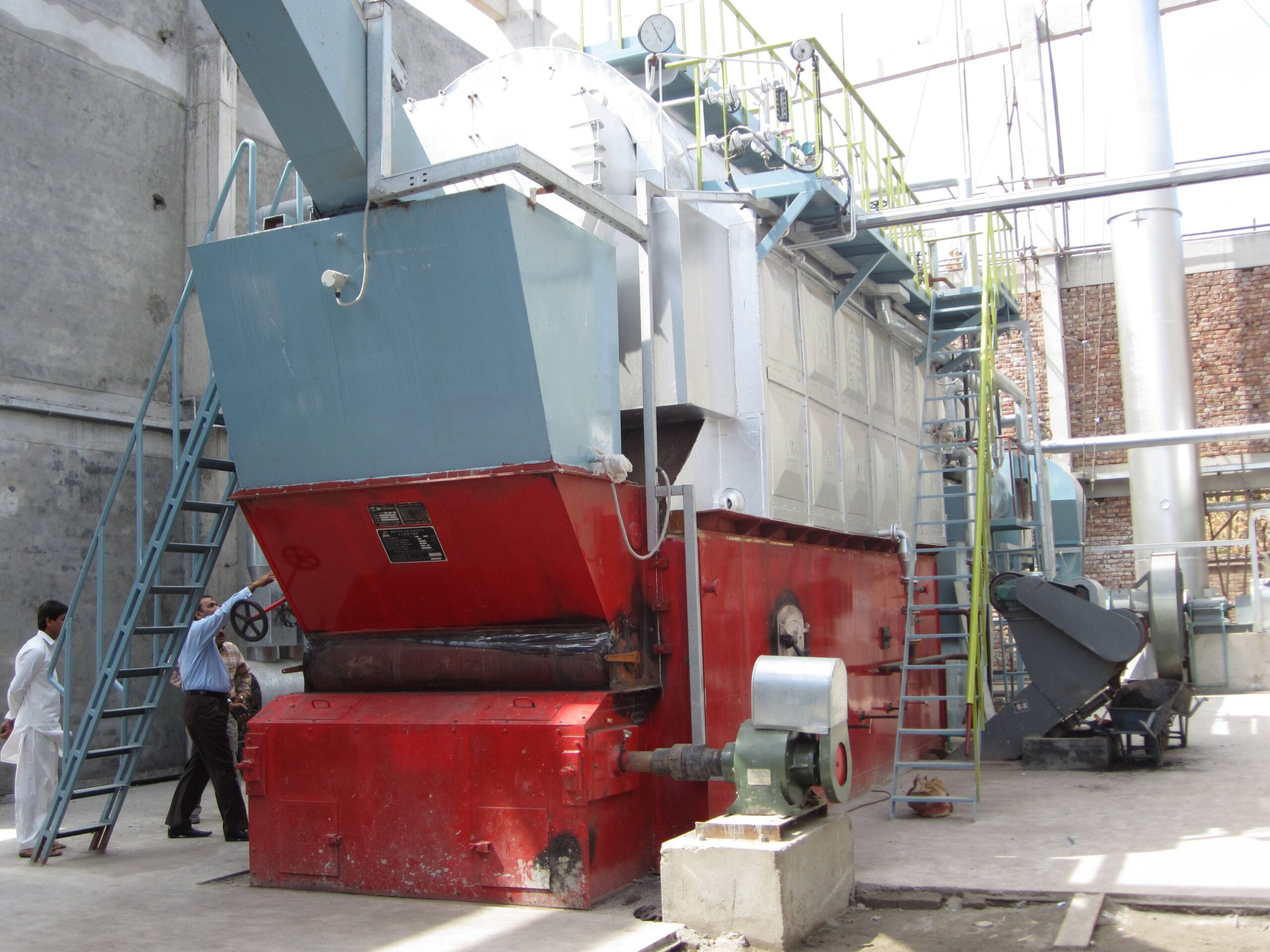When investing in an industrial boiler, many buyers focus on capacity, efficiency, and cost—but warranty coverage is just as critical. Without a clear and reliable warranty, you risk unexpected repair costs, unplanned downtime, and even safety liabilities if structural or component failures occur. A well-defined warranty protects your investment and ensures long-term confidence in your boiler’s performance and durability.
The typical warranty period for industrial boiler components ranges from 12 to 24 months, while the boiler pressure vessel or structural shell is often covered for 5 to 10 years, depending on the manufacturer. Extended warranties may be available for burners, control systems, and critical accessories under customized agreements.
Understanding what’s included—and excluded—in the warranty is key to ensuring your boiler is protected from manufacturing defects, corrosion, weld failure, and component malfunctions. Keep reading to find out how to evaluate and negotiate warranty terms effectively.

What Is the Standard Warranty Period for Industrial Boiler Pressure Vessels?
When investing in an industrial boiler, the pressure vessel is the heart of the system—and also the most expensive and safety-critical component. That’s why understanding the warranty period for the pressure vessel is essential. The warranty protects you against manufacturing defects or early material failure. If you don’t know the coverage length or conditions, you could face costly repairs that should’ve been covered. Let’s look at what’s standard in the industry and what you should confirm before signing a boiler purchase or service agreement.
The standard warranty period for industrial boiler pressure vessels is typically 5 to 10 years, depending on the manufacturer and boiler design. Some suppliers offer base coverage of 5 years with optional extensions up to 15 years, provided maintenance and operating conditions are properly followed.
Warranty terms vary, so it’s critical to check what’s included, what’s excluded, and how to maintain compliance to avoid voiding the coverage.
Industrial boiler pressure vessels are usually covered by a standard 5- to 10-year warranty.True
Most manufacturers offer at least 5 years of coverage for pressure vessels, as they are built to endure high pressure and temperature stresses under normal operating conditions.
Typical Pressure Vessel Warranty Terms by Manufacturer Type
| Manufacturer Type | Standard Warranty Period | Extended Warranty Option |
|---|---|---|
| Major OEMs (Cleaver-Brooks, Miura, Hurst) | 5–10 years | Up to 15 years |
| Custom-built Boilers | 3–5 years | Up to 10 years (conditional) |
| Budget/Entry-Level Units | 1–3 years | Rarely extended |
Warranty Conditions to Be Aware Of
| Requirement | Why It Matters |
|---|---|
| Regular Maintenance Logs | Must prove the boiler was serviced on schedule |
| Water Quality Management | Poor treatment can void the warranty due to corrosion or scaling |
| Operator Training Certification | Untrained operation may disqualify coverage |
| Installation by Approved Technicians | Ensures the vessel is installed according to code |
| Non-modification Clause | Altering the vessel voids the warranty automatically |
Tip: Request the Pressure Vessel Warranty Certificate Separately
Many warranty packages bundle controls, burners, and pumps into 1–2 year terms—only the pressure vessel usually carries long-term coverage. Make sure you have clear documentation stating:
Start and end date
Serial number tied to the pressure vessel
Terms of coverage and exclusions
Steps to maintain coverage
Final Word
Your pressure vessel warranty is your long-term protection—know it, follow it, and document everything. That way, if a defect ever occurs, your repair costs are covered.

How Long Are Components Like Burners, Controls, and Pumps Typically Covered?
When buying or maintaining an industrial boiler, many customers focus on the pressure vessel warranty—but overlook other key components like burners, controls, and pumps. These parts are critical for safe and efficient operation, and they’re also the ones most likely to wear out first. Knowing how long they’re typically covered under warranty helps you plan ahead, avoid surprise repair costs, and protect your investment more effectively.
Burners, controls, and pumps in industrial boilers are typically covered for 1 to 2 years under standard warranty terms. Some OEMs may offer up to 3 years on select components, while extended coverage is often available through service contracts or warranty upgrades.
These components have shorter coverage than the pressure vessel because they’re exposed to more wear, electrical stress, and environmental changes.
Burners and control systems in industrial boilers usually have shorter warranties than the pressure vessel.True
Due to their complexity and exposure to wear and electronic failure, these components are usually covered for only 1–2 years, unlike the pressure vessel which may be covered for up to 10 years.
Typical Warranty Coverage by Component
| Component | Standard Warranty Period | Extended Warranty Option |
|---|---|---|
| Burners | 1–2 years | Up to 5 years (with upgrade) |
| Control Panels | 1 year | Up to 3 years (select OEMs) |
| Sensors & Actuators | 6–12 months | Often not covered beyond 1 year |
| Pumps (Feedwater/Circulation) | 1–2 years | Up to 3 years with OEM service plan |
| Motors & Fans | 1–2 years | Possible extension with registration |
| Valves | 1 year (standard) | Depends on use and type |
Important Warranty Conditions
| Condition | Impact |
|---|---|
| Must use OEM-approved parts | Non-OEM replacements may void component warranty |
| Proper installation documentation | Required to validate claims if parts fail early |
| Scheduled maintenance compliance | Missed maintenance can disqualify warranty claims |
| Operating conditions within spec | Overheating, dry firing, or voltage issues can void coverage |
Tip: Ask for a component-level warranty summary from your supplier when you purchase the boiler or replacement part. Keep all invoices and service logs on file.
Final Word
Burners, controls, and pumps are high-value, high-risk components. Their warranties are shorter, but you can extend coverage with smart planning, service contracts, or early registration.

What Conditions or Limitations Apply to Industrial Boiler Warranties?
Industrial boiler warranties offer essential protection for your investment—but only if you meet the required conditions. Many warranty claims are denied not because of a defect, but because the user didn’t follow the fine print. To protect your coverage and avoid surprise costs, it’s critical to understand what conditions and limitations apply. These vary by manufacturer, but most warranties follow a common structure with clearly defined do’s and don’ts.
Industrial boiler warranties typically require proper installation, regular maintenance, correct water treatment, use of OEM parts, and operation within specified limits. Limitations include exclusions for misuse, neglect, corrosion, or damage caused by unapproved modifications.
Knowing these terms helps you stay in compliance and avoid voiding your warranty—intentionally or not.
Failing to meet maintenance and operation requirements can void your industrial boiler warranty.True
Most boiler warranties require documented routine service, proper water treatment, and trained operation. Failure to comply can lead to denied claims.
Common Conditions Required to Maintain Warranty Coverage
| Condition | Why It Matters |
|---|---|
| Proper Installation | Must follow OEM guidelines; poor setup may cause system failure |
| Scheduled Maintenance | Service logs are often required to validate any warranty claim |
| Correct Water Treatment | Prevents corrosion and scale, which are usually not covered |
| Trained Operation | Only certified personnel should run or adjust the system |
| OEM Parts Use | Using third-party parts may void coverage |
| Prompt Reporting of Issues | Delays in reporting a fault may result in denied claims |
Typical Warranty Limitations and Exclusions
| Exclusion | Example |
|---|---|
| Wear-and-tear items | Gaskets, seals, filters, and igniters are not covered |
| Corrosion or fouling | Damage from untreated or low-quality water |
| Operator error | Overfiring, dry-firing, or pressure beyond specs |
| Acts of nature | Floods, lightning, or earthquakes often excluded |
| Unapproved modifications | Adding untested controls or burners without OEM approval |
| Lack of documentation | Missing service records or start-up reports |
Tip: Always keep a warranty compliance folder with service records, installation forms, water test results, and part numbers used during maintenance.
Final Word
Industrial boiler warranties offer strong protection—but only if you play by the rules. Understanding and following the conditions ensures you don’t lose coverage when it matters most.

Are Extended Warranties Available for High-Demand or Mission-Critical Applications?
In industries where boiler downtime is not an option—like power generation, pharmaceuticals, food processing, or chemical manufacturing—standard warranties may not offer enough protection. These environments demand long runtimes, tight safety margins, and minimal tolerance for failure. That’s why many boiler manufacturers and service providers offer extended warranties specifically tailored for high-demand or mission-critical operations.
Yes, extended warranties are available for industrial boilers used in mission-critical or high-demand applications. These plans typically extend coverage up to 10–15 years on pressure vessels and 3–5 years on key components such as burners, pumps, and controls. They also include enhanced support, faster response times, and service guarantees.
Extended warranties provide added peace of mind by minimizing the financial and operational risks of failure in high-stakes environments.
Extended boiler warranties are available for critical operations requiring longer coverage periods.True
Many boiler manufacturers offer long-term protection plans that extend beyond standard warranties, specifically for continuous or mission-critical processes.
What’s Typically Covered in Extended Boiler Warranties?
| Component | Standard Warranty | Extended Warranty (Optional) |
|---|---|---|
| Pressure Vessel | 5–10 years | Up to 15 years |
| Burner System | 1–2 years | Up to 5 years |
| Control System | 1 year | Up to 3–5 years |
| Pumps & Valves | 1–2 years | Up to 3 years |
| Sensors & Ignition | 6–12 months | Often extended with service plan |
Additional Benefits of Extended Warranty Plans
24/7 priority technical support
Guaranteed response time for repairs (e.g., 6–12 hours)
Annual inspections included
Parts + labor coverage (vs. parts-only in standard warranty)
Service discounts on out-of-warranty repairs or upgrades
Transferable coverage if the boiler is sold or relocated
When Should You Consider an Extended Warranty?
| Ideal for Facilities That… |
|---|
| Operate the boiler 24/7 with minimal downtime tolerance |
| Are in regulated industries (e.g., pharma, food, energy) |
| Face long lead times for repairs or replacement parts |
| Rely on consistent heat/steam for product quality |
| Require budget predictability for maintenance planning |
Tip: Extended warranties are most cost-effective when bundled at the time of purchase or during initial commissioning.
Final Word
In high-demand environments, extended warranties aren’t a luxury—they’re a risk management strategy. They ensure long-term protection, operational reliability, and peace of mind when failure is not an option.

How Can Users Maintain Warranty Validity Through Operation and Maintenance?
A warranty is only as strong as the care you put into maintaining it. While manufacturers offer boiler warranties to protect your investment, they come with conditions—and if you don’t follow them, your claim could be denied. Many boiler users lose warranty coverage not because of faulty equipment, but because of incomplete logs, poor maintenance, or operator mistakes. If you want to keep your warranty active and enforceable, you need to follow specific operational and maintenance practices.
To maintain industrial boiler warranty validity, users must follow manufacturer-recommended maintenance schedules, document all service activities, use trained personnel, operate within specified limits, treat feedwater properly, and use only approved parts. Any deviation can void warranty coverage.
Think of the warranty as a contract—you do your part, the manufacturer covers theirs.
Following maintenance schedules and keeping service records are required to maintain industrial boiler warranty validity.True
Boiler warranties typically include conditions requiring proof of proper use and servicing. Missing logs or using untrained operators can lead to rejected claims.
7 Must-Follow Practices to Keep Your Boiler Warranty Valid
| Action | Why It Matters |
|---|---|
| Follow OEM Maintenance Schedules | Skipping scheduled checks or cleanings can lead to premature failure |
| Keep Detailed Maintenance Logs | Proof of service is often required when filing a warranty claim |
| Use Certified Operators | Improper operation voids many warranties due to human error risks |
| Operate Within Rated Limits | Exceeding pressure, temperature, or firing rate can disqualify claims |
| Maintain Proper Water Treatment | Corrosion and scale damage are not covered under warranty |
| Use Only OEM or Approved Spare Parts | Aftermarket components may void the coverage |
| Report Issues Promptly | Delayed reporting can be interpreted as negligence |
Example of a Maintenance Log Entry That Supports Warranty
Date: 2025-07-01
Technician: J. Roberts
Action: Annual burner inspection and recalibration
Notes: Verified flame stability, cleaned flame sensor, adjusted air-fuel ratio
Parts Used: OEM electrode set, part #CB-89235
Next Scheduled Service: 2025-10-01
Tip: Store your service logs, inspection forms, and water test records in a dedicated “warranty binder” or cloud folder for easy access.
Common Mistakes That Void Warranties
Forgetting to log monthly or annual maintenance
Using untreated feedwater
Installing non-OEM valves or sensors
Letting untrained staff adjust burner or control settings
Modifying system components without manufacturer approval
Final Word
Your boiler’s warranty is a valuable asset—protect it with discipline and documentation. Stay on schedule, operate responsibly, and track everything.

What Steps Should You Take if a Warranty Claim Is Needed for a Boiler Component or Structure?
Even the most reliable industrial boilers can experience failures. When a covered component or structural part fails, submitting a proper warranty claim can save thousands in repair or replacement costs. But boiler warranty claims aren’t automatic—you must follow specific steps to ensure the claim is processed quickly and successfully. Missing documents or poor communication can lead to rejection or long delays. So, what exactly should you do when a warranty-covered issue occurs?
To submit a boiler warranty claim, immediately stop using the affected component, document the issue with photos and detailed notes, gather all required warranty documents (including serial numbers, service logs, and part records), contact the manufacturer or supplier, and follow their formal claims process. Prompt, accurate reporting is essential to approval.
Well-organized paperwork and clear communication make the difference between a fast resolution and a denied claim.
Submitting complete documentation is essential for a valid industrial boiler warranty claim.True
Manufacturers require proof of maintenance, photos, serial numbers, and official service records to validate claims. Missing or incorrect information often leads to denial.
Step-by-Step: How to File a Valid Boiler Warranty Claim
| Step | Action Required |
|---|---|
| 1. Stop Equipment Use | Prevent further damage—shut down the affected component immediately |
| 2. Take Photos or Video | Capture clear images of the failure, damage, or malfunction |
| 3. Gather Key Documents | Warranty certificate, boiler serial number, service logs, part invoices |
| 4. Contact Manufacturer or Dealer | Reach out through the official support or warranty claim channel |
| 5. Submit Formal Claim Form | Complete the supplier’s warranty claim application with required attachments |
| 6. Cooperate with Inspection | Be available for technician inspection or diagnostic questions |
| 7. Await Response/Approval | Most claims are reviewed in 2–10 business days depending on complexity |
Required Documentation for a Typical Boiler Claim
| Required Item | Purpose |
|---|---|
| Warranty certificate | Confirms coverage and eligibility |
| Serial number and model | Links claim to the specific boiler or component |
| Maintenance/service records | Proves the unit was maintained according to standards |
| Failure description and timeline | Details what happened, when, and under what conditions |
| Photos of damaged part or issue | Visual evidence to support claim |
| Part purchase invoice (if replaced) | Verifies OEM use and date |
Tip: Always file a claim as soon as the issue occurs—delayed reporting can void eligibility.
Final Word
A warranty claim doesn’t have to be stressful. If you gather your records, document the issue, and follow the proper steps, the process is usually smooth and successful.
🔍 Conclusion
Warranty coverage for industrial boilers is a vital aspect of risk management. With standard warranties covering structures for up to 10 years and components for 1–2 years, it’s important to understand the terms, maintain compliance, and know your options for extended coverage. This ensures long-term operational security and minimizes out-of-pocket expenses.
📞 Contact Us
💡 Want detailed warranty information or coverage options tailored to your boiler project? We provide transparent warranty terms, extended coverage plans, and technical support for all industrial boiler components and structures.
🔹 Let us help you protect your boiler investment with reliable coverage and expert support. 🛡️🔥📋✅
FAQ
What is the standard warranty period for industrial boiler components?
Most manufacturers offer a 1–2 year warranty on replaceable or functional components such as:
Burners
Control panels and instrumentation
Valves, sensors, and actuators
Feedwater systems
Pumps and blowers
Warranty periods can vary depending on manufacturer, contract terms, and operating conditions. Some OEMs provide extended warranties for an additional fee.
How long is the warranty for the boiler’s pressure vessel or structure?
The pressure vessel or boiler shell typically comes with a 5–10 year warranty, depending on the boiler type and usage. High-end manufacturers may offer:
5 years standard, extendable to 10 years with maintenance compliance
Coverage for welding seams, corrosion resistance, and material defects
Structural warranties are subject to annual inspections and service records to remain valid.
What is usually excluded from the boiler warranty?
Common exclusions include:
Improper installation or unauthorized modifications
Damage due to poor water treatment or scaling
Operational misuse or exceeding pressure/temperature limits
Wear-and-tear parts like gaskets, filters, seals
Third-party or aftermarket components
Always review the terms and conditions of your boiler warranty carefully.
Can the boiler warranty be extended?
Yes. Many manufacturers and service providers offer warranty extensions that may include:
3–5 years additional coverage on parts and/or pressure vessels
Preventive maintenance contracts tied to the extension
Priority technical support and emergency repair inclusion
Extended warranties offer peace of mind and can be bundled with annual service agreements.
How do I ensure the warranty remains valid?
To keep your warranty active:
Follow OEM installation guidelines
Perform regular preventive maintenance
Use authorized service providers
Keep a detailed maintenance log
Ensure water treatment systems are functioning properly
Failing to comply with these practices may void your warranty prematurely.
References
Cleaver-Brooks Warranty Information – https://www.cleaverbrooks.com
Hurst Boiler Warranty Details – https://www.hurstboiler.com
Powerhouse Boiler Equipment – Warranty FAQs – https://www.powerhouse.com
Spirax Sarco Boiler Support Plans – https://www.spiraxsarco.com
Thermodyne Boiler Protection Programs – https://www.thermodyneboilers.com
Nationwide Boiler Warranty Guide – https://www.nationwideboiler.com
Boiler Insurance and Warranty Options – IEA – https://www.iea.org
BioEnergy Consult – Boiler Risk Management – https://www.bioenergyconsult.com
EPA Industrial Boiler Regulations & Warranty Links – https://www.epa.gov
Industrial Boiler Maintenance Standards – ISO – https://www.iso.org

